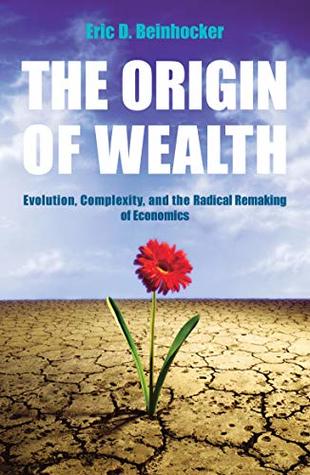More on this book
Kindle Notes & Highlights
Read between
July 28 - December 24, 2024
evolution is a highly effective algorithm for searching rough-correlated spaces, and the evolutionary process tends to create rough-correlated spaces.
Basically, humans use two cognitive processes in the act of invention. One is their deductive, logical thinking facilities.
The second part of the model, the tinkering part, is where we simply try stuff.
superfecundity—more designs than the environment can support—which thus creates competition.
Innovation: The Attacker’s Advantage.26
As you climb higher and higher, you notice something important; with each step, the number of possible routes upward decreases by a constant fraction.
architectural innovations tend to be more disruptive of industry structure than innovations in individual components.
Most attempts up from the entrepreneurial valley will wind up in dead-end canyons or on disappointing short peaks. But with enough explorers working away, someone will eventually find an attractive route up.
For 99.9 percent of human history, the reach of our deductive capabilities was relatively limited, and the deductive-tinkering model was far more tinkering than deduction.
Social Technologies (STs) are methods and designs for organizing people in pursuit of a goal or goals.
in 1913 he struck on the key insight that the car itself should move along the production line rather than the workers,
There are four basic sources of 1 + 1 = 3 magic in non-zero-sum games.
Nash’s elegant solution was to say that how two or more bargainers split up the gains from exchange depends on how much each values the benefits of the deal, and what the parties’ alternatives are.
Both walk away better off than they would have been had they not traded at all,
the existence of a Nash equilibrium does not guarantee a happy, cooperative result.
“I will begin on the assumption of mutual cooperation. If you cheat on me, however, not only will I refuse to cooperate, but I will punish you, even to my own near-term detriment. After some time, though, I might forgive you and try cooperating again, just in case your cheating was an error or a miscommunication, or on the chance you have reformed your ways. If, however, you cheat again, the probability of my forgiving you again will become lower and my punishment even more terrible.”
We react harshly to the first signs of cheating, forgive only slowly if at all, and are likely to resist cooperating until given a sign of cooperation from the other party first.
other species, males compete with each other for sexual access to females.
A business is a person, or an organized group of people, who transforms matter, energy, and information from one state into another with the goal of making a profit.
A firm is one or more businesses controlled in common by a person or group of people.
A module is a component of a Business Plan that has provided in the past, or could provide in the future, a basis for differential selection between businesses in a competitive environment.


